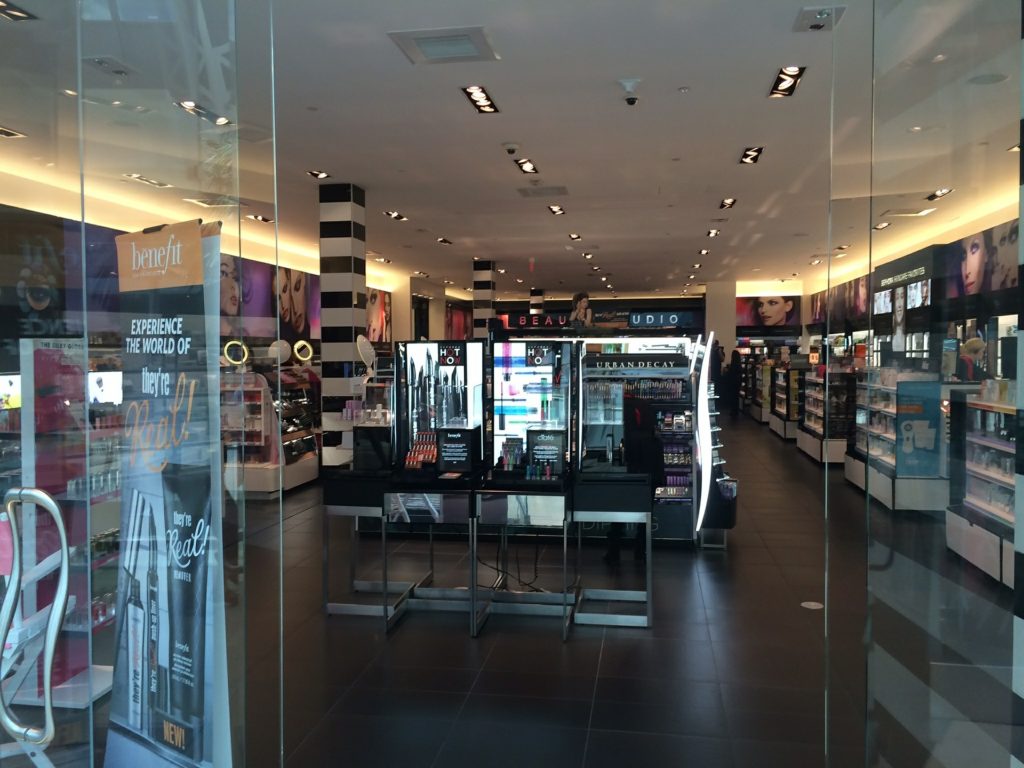Pregnancy Skincare
Mama, a lot’s changing now that you’re expecting: your body, your wardrobe, your appetite, your feet (!)… and your skin. Nope, we’re not just talking about your belly skin stretching to make room for your growing uterus. We’re also talking about your face. Your back. Your everywhere. Enter our pregnancy skincare guide.

You will undeniably see your skin change during and after pregnancy, and you can thank your hormones for that. And prenatal vitamins… we kid, we kid!
Believe this: you’ll need to baby-proof your skincare routine. Yep, you heard that right — more labels to read to make sure what you put on your face won’t harm you or your bun in the oven (because clearly, your plate wasn’t full enough).
Don’t worry, though — it’s not rocket science and we’re here to help. We did extensive research and talked to The Skin Sisters — Lauren Sundick and Brooke Moss, who are both physician assistants in dermatology and practice medical and cosmetic dermatology at Zel Skin & Laser Specialists — to provide you with the ultimate pregnancy skincare cheatsheet. In it, we’ll talk about the best products and ingredients to use and avoid, common skin issues during pregnancy, and how to tackle them.
Regulations of the cosmetics and beauty industry are somewhat limited. Under the Federal Food, Drug, and Cosmetic Act (FD&C Act) and the Fair Packaging and Labeling Act (FPLA), the FDA does regulate skincare and beauty products’ labeling and composition, but it does not need to approve said products before they hit the market.
What’s more, cosmetics companies can also bypass having to list a product’s ingredients by claiming that doing so would give away “trade secrets.” And to top it off, companies aren’t obligated to report health complaints to the FDA. What does this mean? It means that if you want to create homemade moisturizers and sell them online, you can — no paperwork, no pre-market approval process, no registration required! Yayyy!! But little governmental oversight also means that, as consumers, we can’t necessarily assume skincare products are safe. Though this may be changing soon.
Before we dive in, note that everyone’s skin is different. Our recommendations are not “one size fits all” — you’ll want to take them into consideration and adapt them to your skin type and the issues you have.
Ok, ready? Let’s go!